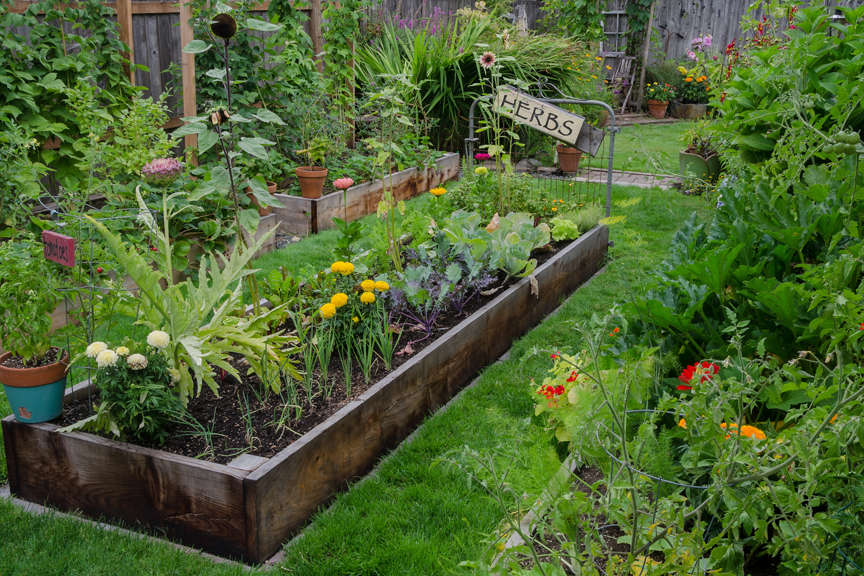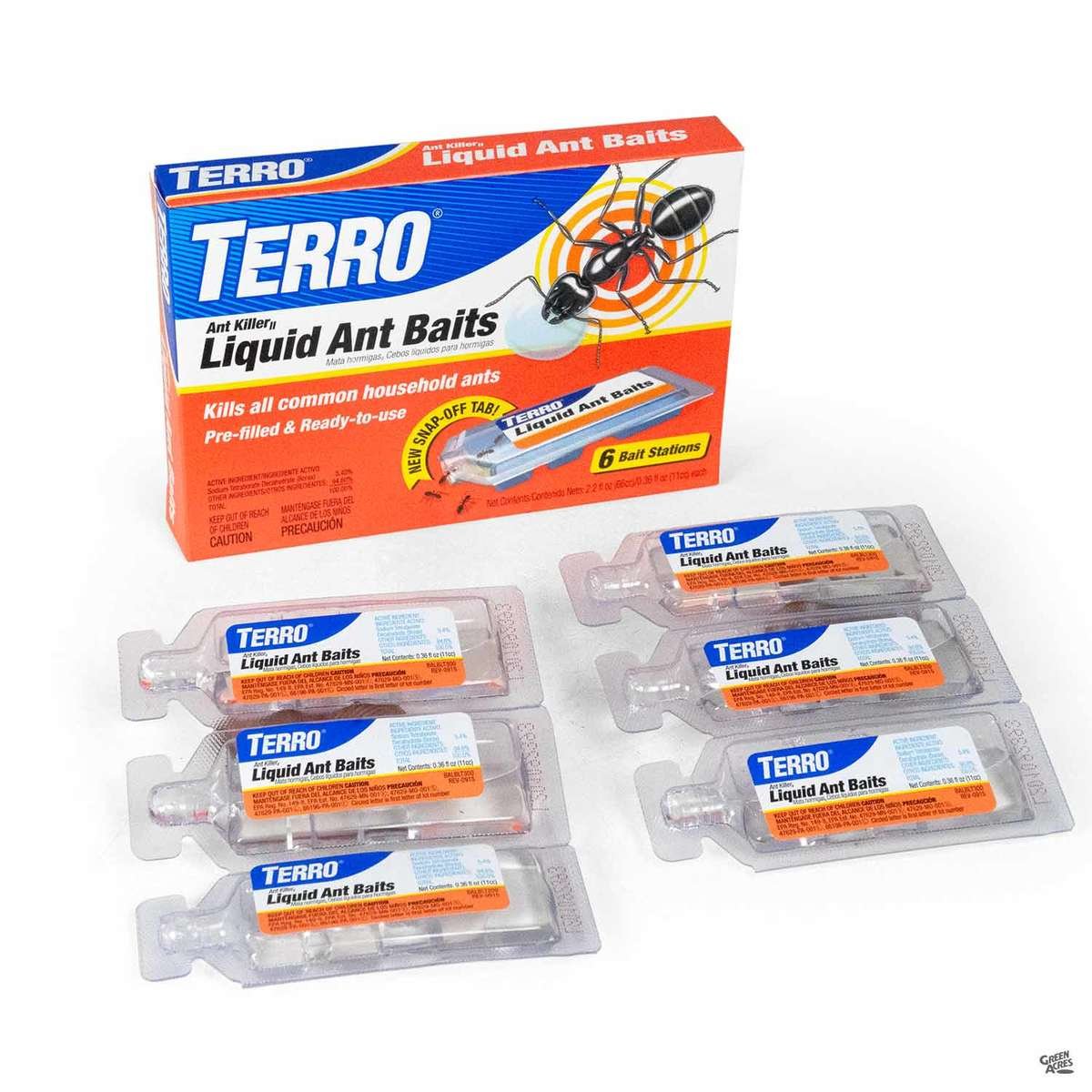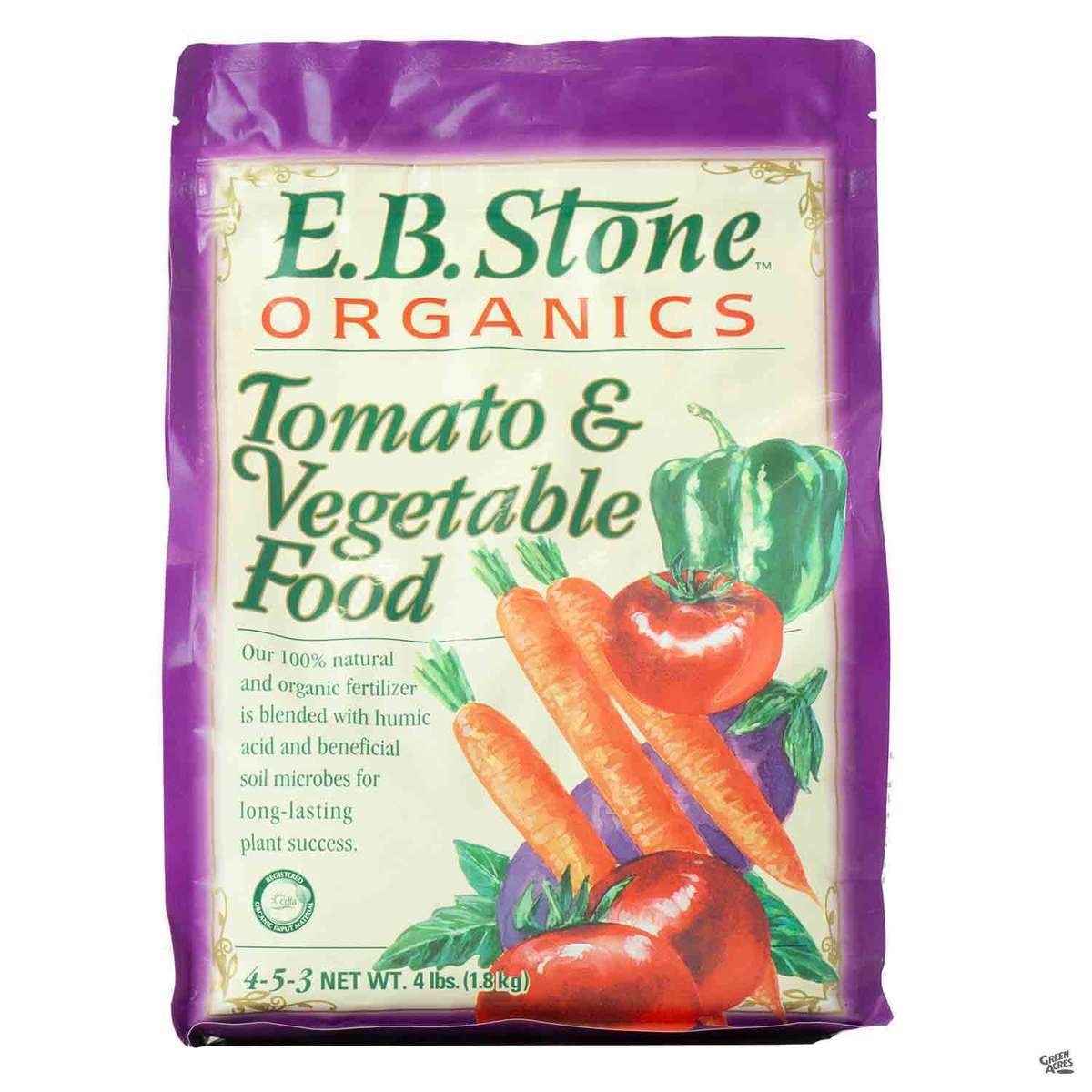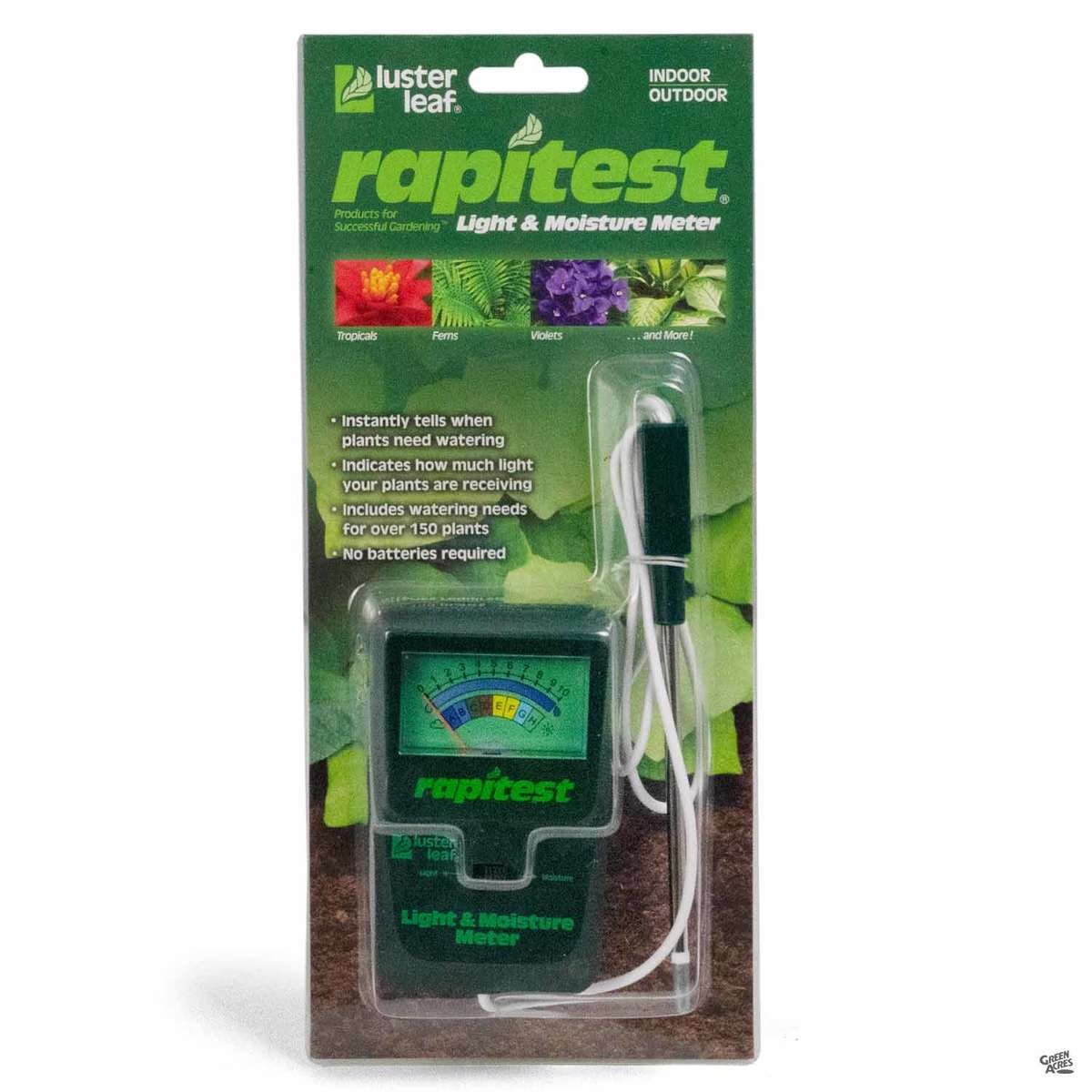
August Garden Solutions

Ants, Beetles & Irrigating In Summer Heat
For August, our experts are getting questions about insect pests and about browning leaves. Read on for some good tips and advice about ants, beetles and watering in low-water environments.
Ants
Ants are everywhere outside, and some of them are trying their luck in the house too. When the soil gets very dry, ants easily set up colonies and numbers skyrocket. Check irrigation for blocked emitters or broken lines that are allowing soil to dry out. When ants are high in number, it can be a sign that your plants are also too dry.
When it is very dry outside, ants look for water inside. Find ant trails leading into the house, and seal those entrances. Pull mulch and plant litter away from the base of the home by about six inches. Ants use that covered, secure path into your home. Make it harder on insect pests by pulling mulch and plant litter back.
For more ant control, look for bait options. Baits are safe and work wonders. A few ants take some of the bait home to share with everyone, and then you have taken care of the whole colony.
When it is very dry outside, ants look for water inside. Find ant trails leading into the house, and seal those entrances. Pull mulch and plant litter away from the base of the home by about six inches. Ants use that covered, secure path into your home. Make it harder on insect pests by pulling mulch and plant litter back.
For more ant control, look for bait options. Baits are safe and work wonders. A few ants take some of the bait home to share with everyone, and then you have taken care of the whole colony.
Beetles
Hungry beetles are looking for ripe fruit, tender greens, and some flowers. Keep your garden harvested regularly to discourage beetles and other insects who are attracted to overly ripe produce. Stick to organic fertilizers because synthetic fertilizers push a lot of green growth that beetles and other pests are looking for. If more control is needed, speak with our experts in the store to identify the beetle and the best control available.
Irrigating
As temperatures stay high, plants need extra attention. Check that your water is at the furthest reaches of the canopy (the drip edge), and not near the trunk. Use a moisture meter to be sure you watered long enough to soak the entire root zone. Drip is a slow process that can take an hour or longer, but is often only needed a few days per week for mature plants.
When you see brown leaves, think of those leaves as an umbrella for the rest of the plant. If you take off those brown leaves, continued hot spells could damage further into the heart of the plant. Brown leaves may not be the ideal look, but they are excellent protection from summer heat and sun. Our gurus are here to help you find out when it is best to prune your plants.
When you see brown leaves, think of those leaves as an umbrella for the rest of the plant. If you take off those brown leaves, continued hot spells could damage further into the heart of the plant. Brown leaves may not be the ideal look, but they are excellent protection from summer heat and sun. Our gurus are here to help you find out when it is best to prune your plants.



